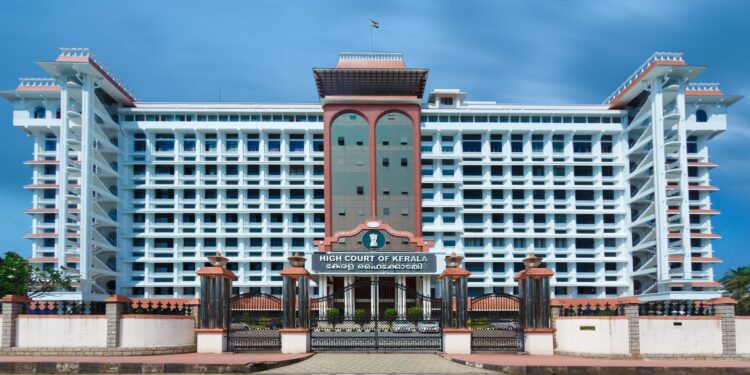The Kerala High Court recently reiterated that severe sexual assault cases involving grave allegations cannot be quashed, even if the survivor requests it. This decision was made in light of the Supreme Court’s recent judgment in Ramji Lal Bairwa v. State of Rajasthan, where the apex court overturned a Rajasthan High Court ruling that had quashed proceedings against a teacher accused of sexually harassing a 15-year-old student.
In the present case, the man was accused of repeatedly sexually assaulting his minor daughter over three years. The allegations came to light when the girl, after being educated about ‘good touch/bad touch’ in school, disclosed the abuse to her school counsellor. As a result, the father was charged under various provisions of the Protection of Children from Sexual Offences (POCSO) Act.
During the trial, both the survivor and her mother testified against the father. However, the survivor later moved the Kerala High Court with a request to quash the proceedings, claiming that her statements to the police and in Court were untrue. The petition was strongly opposed by the public prosecutor, who pointed out that the trial was nearing completion and that only the verdict remained to be pronounced.
The High Court emphasized that the accused’s identity as the survivor’s father and the serious nature of the alleged crimes, including penetrative sexual assault, made it imperative to continue the legal process. The survivor had already provided evidence, and the law had conducted the trial. Following the Supreme Court’s reasoning in similar cases, the High Court ruled that quashing the proceedings at this stage would not be in the interest of justice.
The Court also considered that such grave offences, particularly under the POCSO Act, require the legal process to unfold. Quashing the case at the survivor’s request before the verdict would undermine the purpose of the law and the protection it offers vulnerable individuals.
In its final order, the Court dismissed the survivor’s petition, reinforcing that justice must be served in cases involving severe charges, regardless of the survivor’s subsequent change of stance. The decision ensures that the integrity of the judicial system and the protection of victims’ rights are upheld.
Advocate Padminidevi C. represented the survivor, while Senior Public Prosecutor Renjit George appeared on behalf of the State.

















